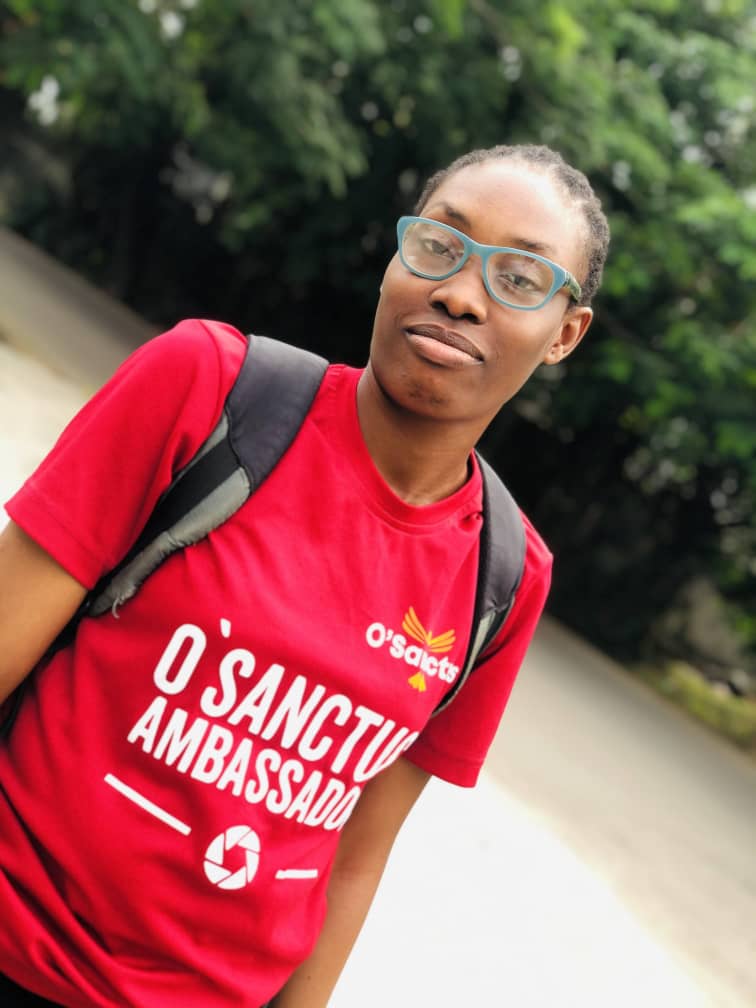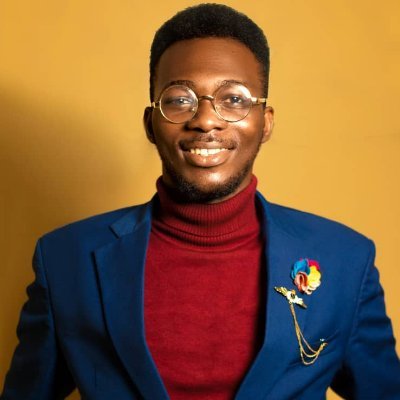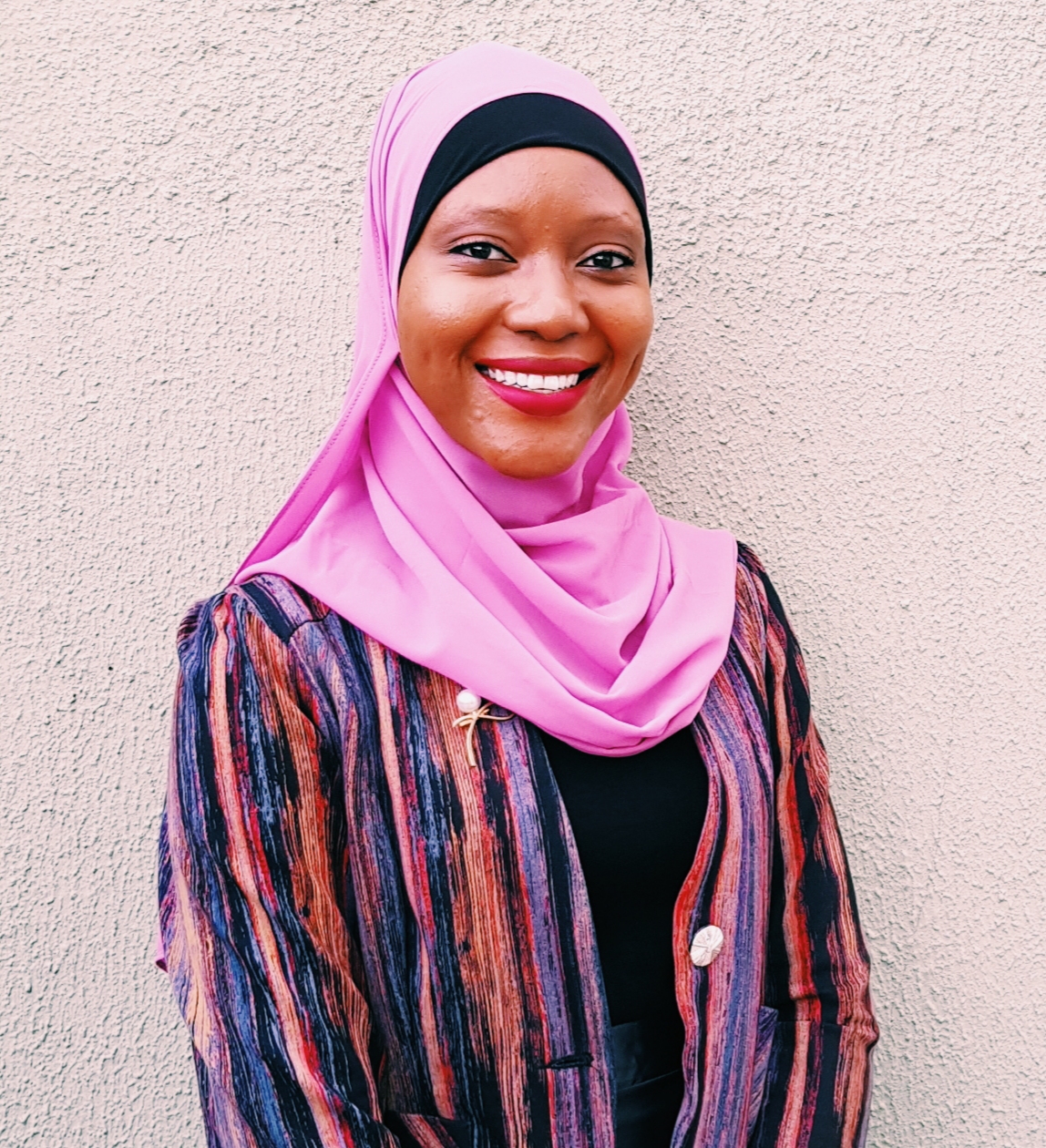
Tawakalit Kareem discusses with Awogun Aminat of Women and Career in an interview about her advocacy for gender equality and inclusion.
Who is Tawakalit Kareem? Tell us a bit about yourself.
Tawakalit Kareem is a young Nigerian woman who is doing her part to leave the world a better place than she met it. I am a graduate of Microbiology from the University of Ibadan and currently work in Communications in the Development Sector.
You are an advocate for gender equality. Why do you think gender equality is important?
Absolutely! Gender equality is important because women are humans in the entirety of that word and matter just as much as anybody else.
The consequences of having specific roadblocks, whether that is cultural or social, on women’s journey through their career and life as a whole has far-reaching consequences for our country, our continent, and the world as a whole.
There are a myriad of challenges that we face even at this time. As a nation, how are we supposed to operate at our maximum capacity if half of the population are held back? It makes no sense.
In your own opinion, what do you think is responsible for the low representation of women in the workplace?
I think the question should be; is there a low representation of women in the workplace or is there a low representation of women at certain levels of leadership? I think it’s the latter more than it is the former.
I read an October 2019 report from McKinsey and LeanIn on ‘Women in the Workplace’ and the data shows that at the entry-level, the percentage of women who enter the workforce is roughly the same as men. That number gradually decreases as women move from entry-level positions to managerial positions and upward.
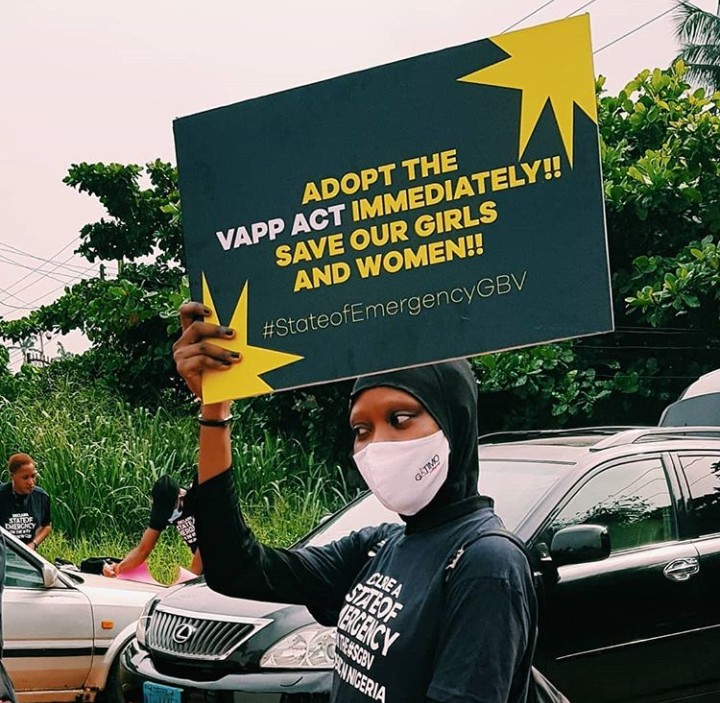
For many women, a time comes where they have to make a choice between having a family and building a career. It is unfortunate that for a lot of women, they are expected to work as if they don’t have a family and are expected to serve a family as if they don’t have other work. We call these women ‘Superwoman’ and inadvertently feed into these unrealistic ideals that women must do all these things excellently at the same time even without support. It’s parenthood, not just motherhood.
It’s not fair, but more importantly, it is not right.
How can we address gender issues in the workplace?
I believe that organizations must view workplace policies through a gender lens. Some of these brilliant women who do their job so well are also mothers or would like to be mothers sometime.
Organizations must stop expecting women to deny parts of their lives before they can feel worthy of the work they are qualified to do. It is irrational that there are covert rules that discriminate against women who are newly married, pregnant, or have children, thereby limiting their career growth and advancement.
If
Which skills do you think are necessary and time-relevant for everyone in the 21st century?
I think the paramount muscle we all need to keep at building in the 21st century is the ability to keep learning. The world is constantly changing, and so what is relevant today may not be tomorrow. It is important that we are nimble and able to grow with time.
What are your long-term goals? Where do you see yourself 5-10 years from now?
You and I will just have to wait and see!
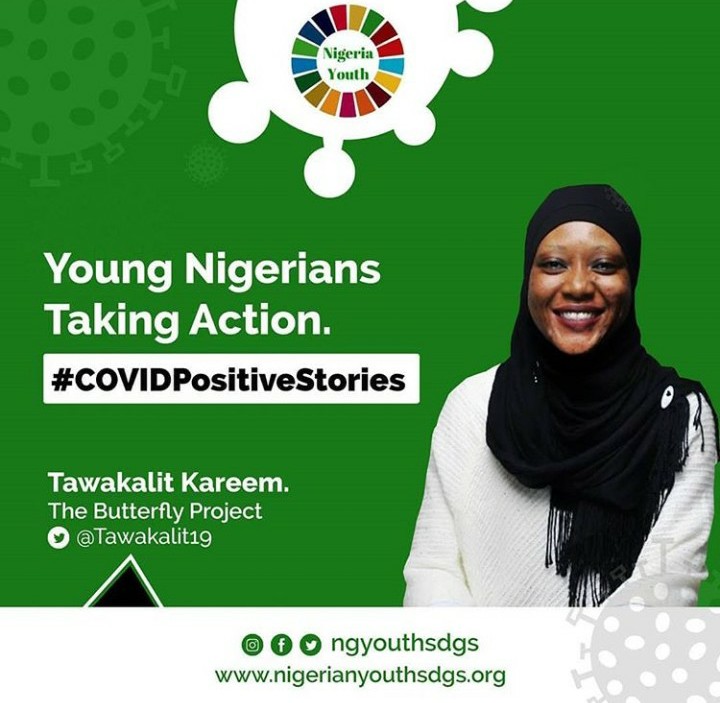
You are the founder of the Butterfly project. Your initiative provided direct funding to about 200 families during the first phase of the COVID-19 lockdown. How were you able to achieve this?
With amazing people! I had absolutely no idea that the #1for1with5k campaign that I initiated at the beginning of the lockdown would go on to reach as many people, but the support, once it launched, was overwhelming in the best way possible. People just wanted to help, even people who had never met me and only knew me through Instagram. I also partnered with Oluwafunmilayo Oni of Iranwo Foundation and that was honestly a great decision that helped us provide funding to a diverse group of families, majorly women, who needed it.
That entire experience further reinforced my belief that there is a lot of good left in the world, and we must not tire of finding it.
You are involved in many humanitarian causes, what would you say drives you?
It has to be a life that overflows into the lives of others. Because, really, what IS this life?
There are people who are also willing to drive impacts and advocate for worthy causes, how can they start up?
I love this question because I get it quite often. I’d tell them to start where they are.
Too often, we are looking to validate the work we do outside when there are people and places close to where we currently are who will benefit immensely from the value we have to offer.
Start where you are. The path won’t open up if you don’t get on it first.
What are the key lessons you have learnt from your various involvements? What do you wish you’d known earlier before getting involved with these causes?
It’s not been the easiest thing as a Science major to transition into Communications, so I definitely wish there was a clear to-do I could have implemented at the beginning. Haha.
That said, this entire journey has taught me so much about people, about asking for help, the beauty in purposeful partnerships, and it certainly has been a window into my own self.
Are there any last words for your audience? What advice would you give to the young women and men who look up to you?
Women, you matter! Equally. As much as any human in this universe.
As women and men in this society, we have all been conditioned in various ways to relate with ourselves and members of the opposite gender in certain ways. While we acknowledge this, the onus lies on us to know better AND do better.
It’s 2020; equality can’t wait.
Read Also: 5 Everyday Money Hacks That Saves A Ton
